The proxy war in Ukraine is heading to a denouement with the US and Russia dividing the spoils while the European powers stand bewildered by events they have been wilfully blind to, says KEVIN OVENDEN
Uniting the government and the social movements is our top priority
After the devastating poll defeat of the proposed new constitution, the Communist Party of Chile plenary has decided to implement a 'national plan of the masses' that will retake the political initiative from right-wing forces, reports EL SIGLO
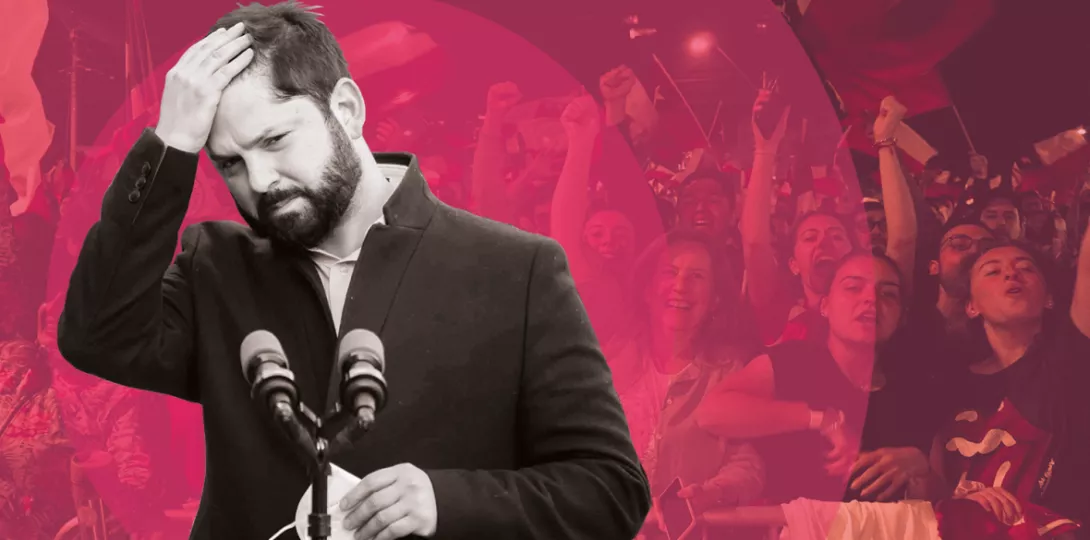
THE Communist Party of Chile has emphasised that “the main reforms of the government, together with the most pressing social urgencies require an active government and active social movements.
“Our actions as a party in this next period must place at its centre the unity of the government with the social movements as the main tool for transformations.”
In view of the social situation caused by severe economic problems, it was pointed out that “we communists do not want these effects to be paid for by the households of working men and women,” and in reference to worrying levels of delinquency and organised crime, “we cannot wait for transformations of a structural nature of the security apparatus where immediate responses are required.”
More from this author
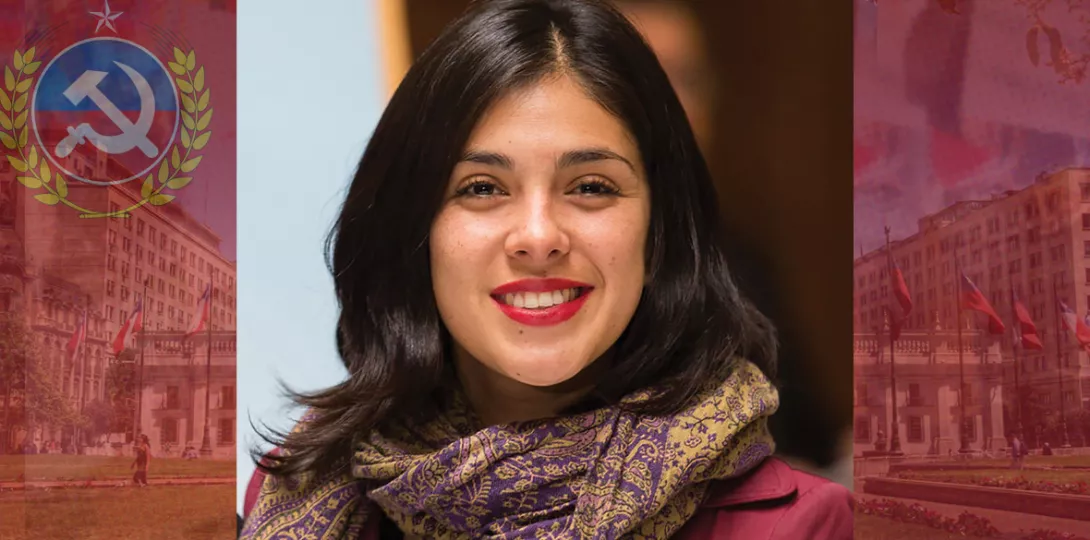
Karol Cariola becomes the first Communist Party member to be elected president of Chile’s chamber of deputies, a major defeat for the right, reports EL SIGLO
Similar stories
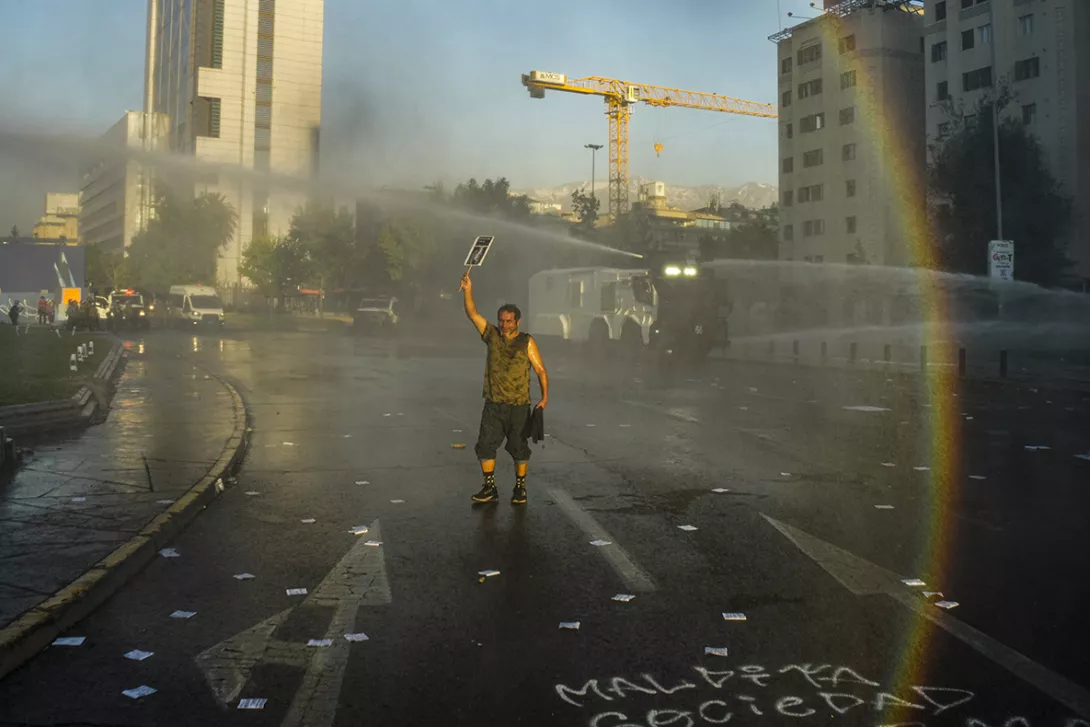
On the fifth anniversary of the rebellion and the eve of local elections, HUGO GUZMAN looks at how the demands made by the people have not been properly addressed

Karol Cariola becomes the first Communist Party member to be elected president of Chile’s chamber of deputies, a major defeat for the right, reports EL SIGLO
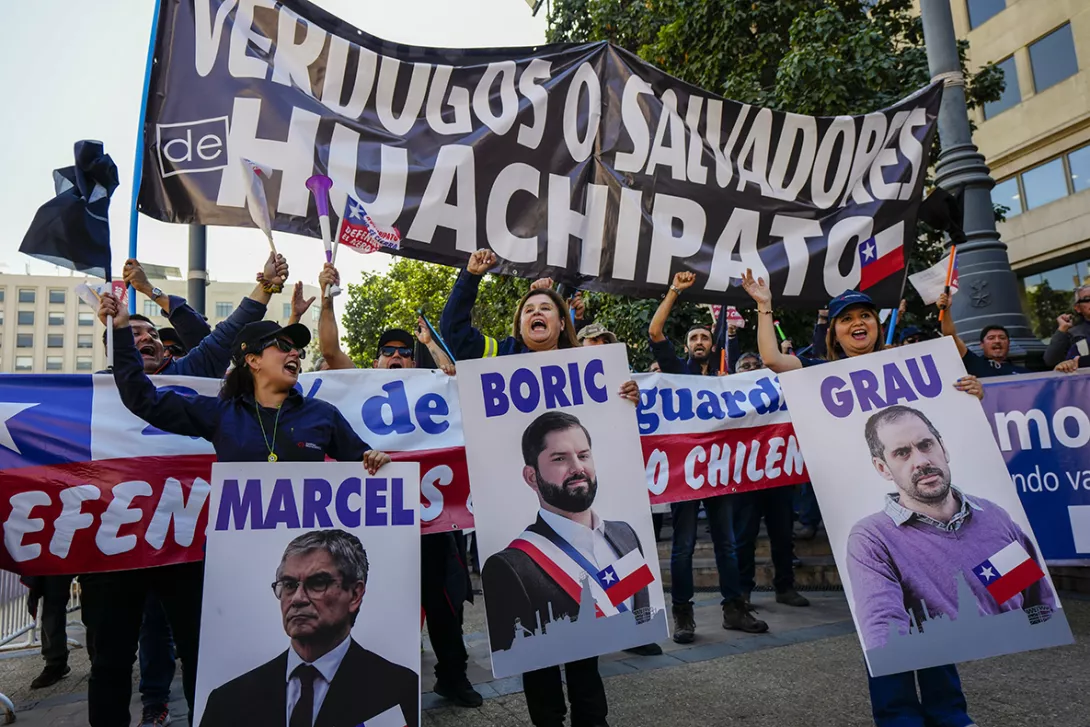
El Siglo’s Ursula Fuentes Rivera speaks to ERIC CAMPOS, the CUT (Chile’s TUC) general secretary, on the eve of the general strike
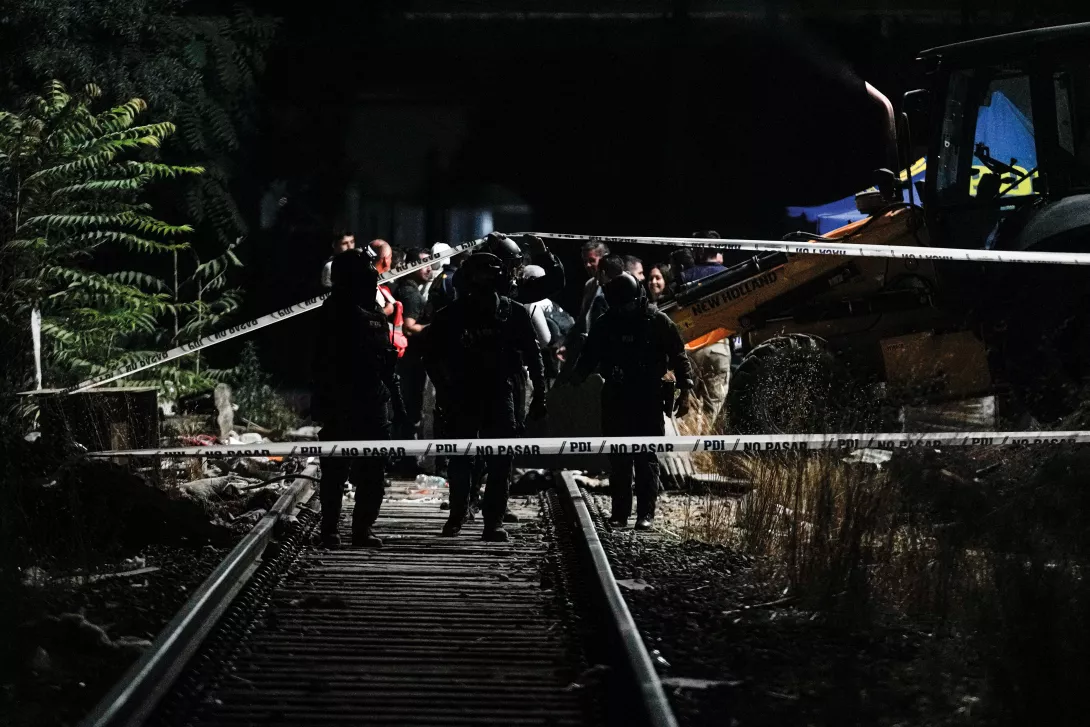
In recent weeks, Chile has seen a worrying increase of virulent media attacks on the integrity of the Communist Party, which prompted President Gabriel Boric to publicly defend it. The situation was addressed on Monday by an editorial in El Siglo









